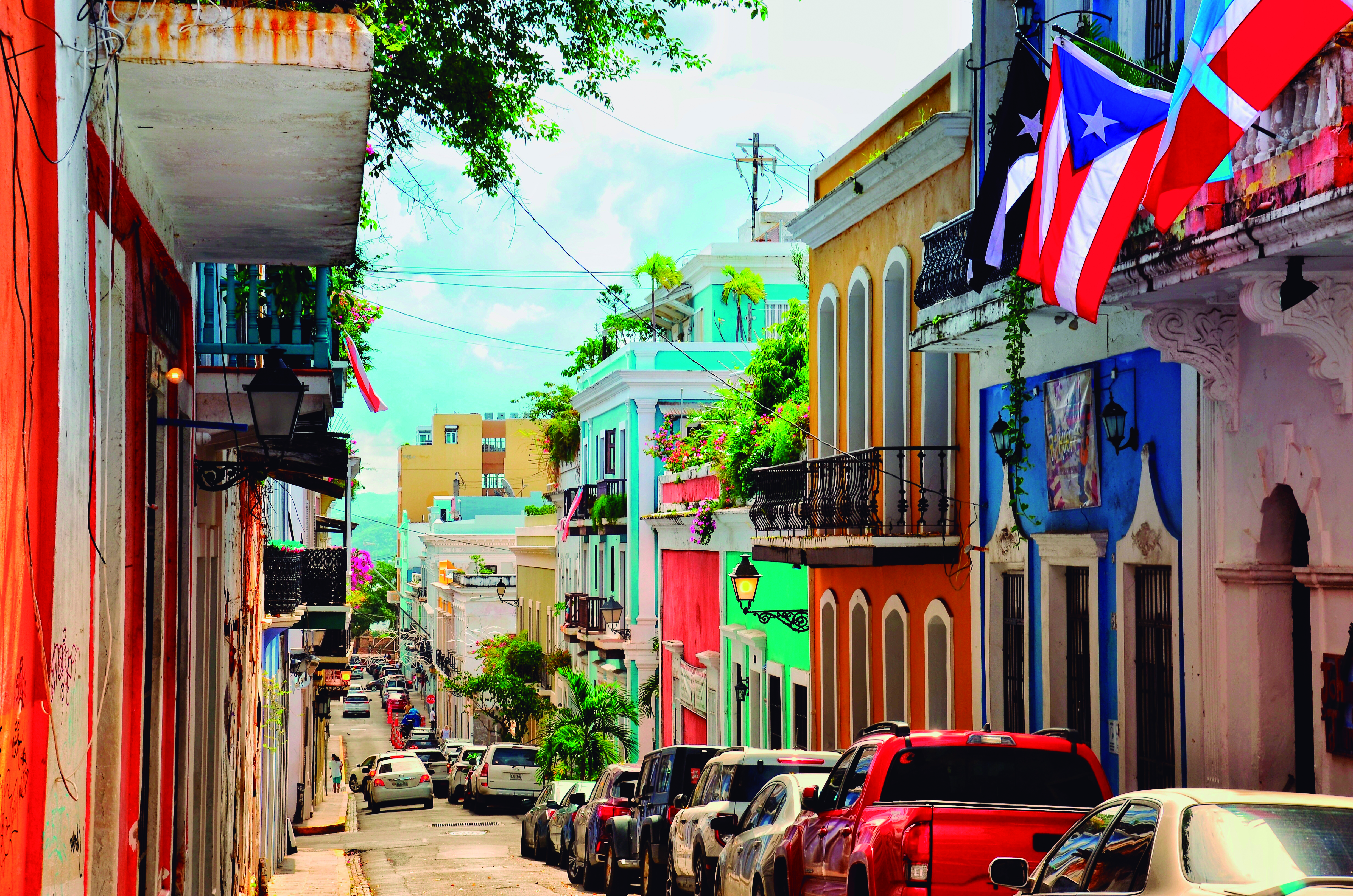A study by The Perfect Rug analyzed the largest U.S. cities to identify the top ten most expensive city centers for remote work. The study is based on metrics such as population data, the number of co-working spaces and cafes per capita, average internet speeds by state (distributed across cities), average monthly rent prices for city center apartments, average hourly desk prices in co-working spaces, and the costs of meals and coffee.

The data was then normalized to prioritize affordability and desirable metrics, such as higher counts of co-working spaces and cafes, faster internet speeds, and lower costs. An index score was calculated based on these factors, with higher scores indicating the best cities for remote work and lower scores indicating the less favorable ones.
Findings summed up
| City/State | Population | Number of co-working spaces per capita | Number of cafes per capita | Average internet speed/mbps | Average cost of rentals in the city central | Average cost for a desk per hour | Average meal cost | Average coffee cost | Index Score |
| San Jose, CA | 1,015,785 | 1.477 | 13.68 | 93 | $2,597 | $30 | $20.00 | $6.00 | 24.2 |
| San Diego, CA | 1,381,069 | 4.417 | 27.80 | 93 | $2,333 | $101 | $22.00 | $5.43 | 26.9 |
| Los Angeles, CA | 3,928,864 | 3.767 | 15.70 | 93 | $2,158 | $23 | $25.00 | $5.39 | 28.7 |
| San Francisco, CA | 852,469 | 7.625 | 48.33 | 93 | $2,894 | $27 | $25.00 | $5.55 | 33.6 |
| New York, NY | 8,491,079 | 3.733 | 13.03 | 397.7 | $3,864 | $22 | $30.00 | $5.83 | 34.1 |
| Chicago, IL | 2,722,389 | 3.747 | 21.12 | 324.9 | $1,863 | $12 | $25.00 | $5.22 | 51.8 |
| Boston, MA | 655,884 | 7.776 | 43.76 | 401.2 | $3,501 | $34 | $24.00 | $5.74 | 52.4 |
| Indianapolis, IN | 848,788 | 4.830 | 13.43 | 331 | $1,093 | $30 | $25.00 | $4.78 | 57.3 |
| Columbus, OH | 835,957 | 4.187 | 18.30 | 278.3 | $1,117 | $26 | $20.00 | $4.88 | 57.8 |
| Jacksonville, FL | 853,382 | 3.750 | 15.35 | 322.3 | $1,304 | $41 | $18.00 | $5.10 | 58.5 |
San Jose, CA, tops the ranking with a score of 24.2. Offering the fewest co-working spaces per capita at 1.47, and the highest coffee costs. San Jose is the least affordable city for remote work despite its tech-driven environment.
San Diego, CA, ranks second with a score of 26.9. Although it offers a considerably higher number of co-working spaces per capita at 4.42, the city still remains expensive due to the high average cost for a desk per hour at $101, the highest on this list. Rent prices are also significant, though slightly more affordable than San Jose, averaging $2,333 in the city center.
Los Angeles, CA, comes in third with a score of 28.7. While the rental costs in the city center average $2,158—lower than San Jose and San Francisco—the city still presents a challenge for affordability. The availability of coworking spaces per capita is at 3.77, which is quite average compared to other cities, but meal costs reach a high of $25.00, making it another pricey option for those working remotely.
San Francisco, CA, ranks fourth with a score of 33.6, offering the most cafes per capita at 48.33, more than any other city on the list. However, the average rental cost in the city center is $2,894, the third highest overall, and the average coffee cost is $5.55. Although co-working spaces per capita are relatively high at 7.6, the overall high living expenses keep San Francisco among the least affordable options.

New York, NY, ranks fifth with an index score of 34.1. Despite offering one of the fastest average internet speeds at 397.7 Mbps, the city has the highest rental costs on the list, averaging $3,864 in the city center. Meal costs also reach an average of $30.00, making New York one of the priciest cities for remote work.
Chicago, IL, ranks sixth with a score of 51.8. While rental prices drop to $1,863 in the city center, significantly lower than those in California and New York, Chicago still presents challenges with moderate co-working space availability (3.75 per capita) and meal costs that remain high at $25.00. However, coffee costs here are slightly more reasonable, at $5.22, compared to other major cities.

Boston, MA, scores 52.4 and ranks at the seventh position. Boston offers the highest number of co-working spaces per capita at 7.7. The city also has a large number of cafes per capita at 43.76. However, rental costs in the city center are the second-highest on the list at $3,501, and the cost for a desk per hour is $34, contributing to Boston’s rank as one of the priciest cities.
Indianapolis, IN, ranks eighth with a score of 57.3, offering a more affordable lifestyle for remote workers. The average rent in the city center is $1,093, one of the lowest on the list, and coffee costs are also more budget-friendly at $4.78. However, Indianapolis has fewer co-working spaces per capita (4.83), and while meal costs remain high at $25.00, the overall affordability is significantly better than in many other cities.
Columbus, OH, takes the ninth spot with a score of 57.8. Columbus offers one of the lower average rental costs at $1,117, making it an attractive option for budget-conscious remote workers. The number of coworking spaces per capita is 4.187, and the cost of coffee is moderate at $4.88, making Columbus one of the more affordable cities on this list.
Jacksonville, FL, rounds off the ranking with a score of 58.5. The city stands out for its relatively affordable rental costs, averaging $1,304 in the city center, and has the lowest average meal cost at $18.00. With 3.75 co-working spaces per capita, Jacksonville offers a good balance between price and remote work facilities, making it one of the more budget-friendly cities on the list.
A spokesperson from The Perfect Rug commented: “While affordability is crucial for remote workers, factors like co-working availability, internet speed, and the cost of everyday necessities such as meals and coffee also play a significant role. Cities with higher rents and fewer co-working spaces create financial challenges for remote workers, even in places with vibrant work cultures. Balancing these elements is key for making a city truly remote-work-friendly.”
